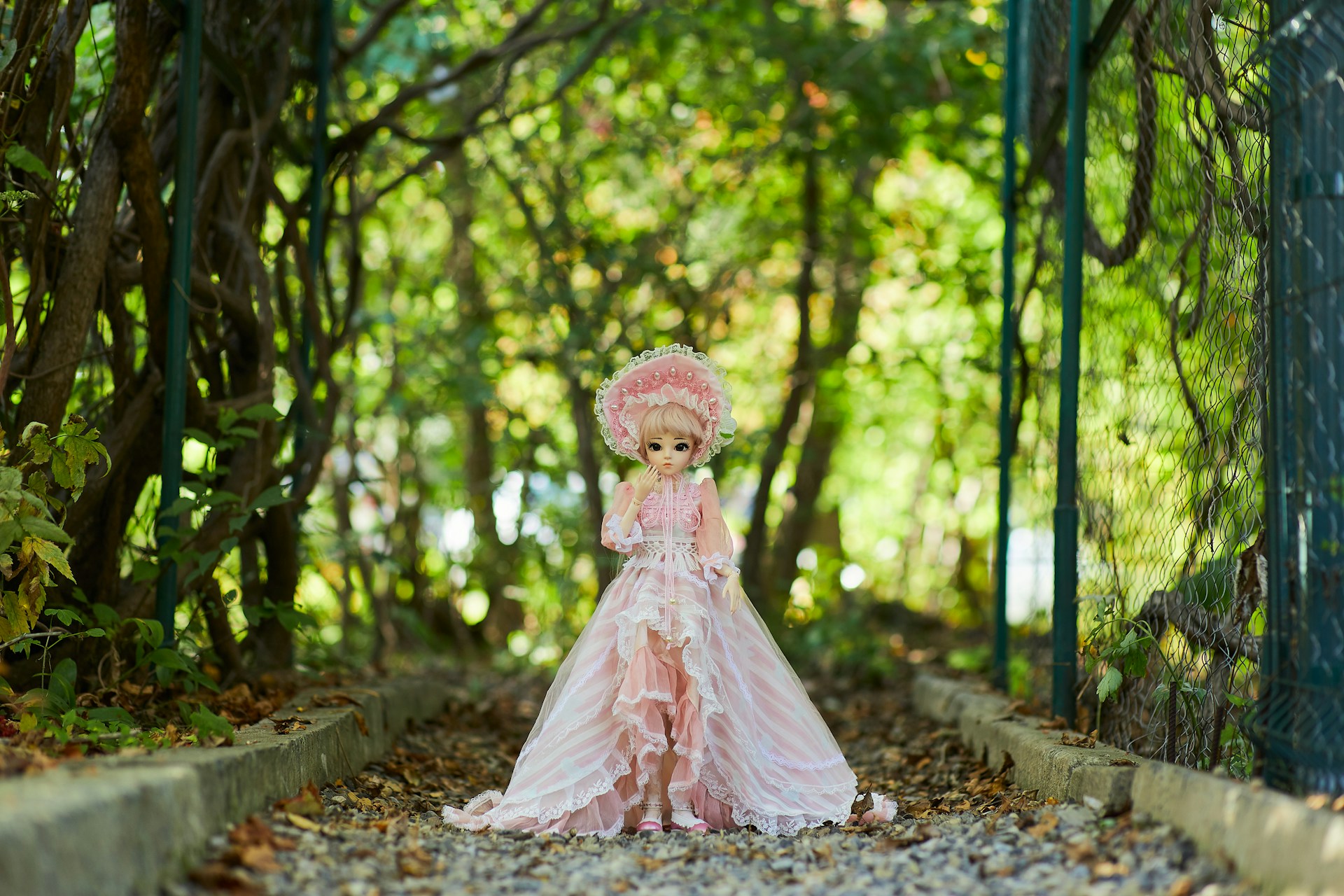eggshell parents styles have a profound impact on the development and well-being of children. Among the various approaches, “eggshell parenting” is a term used to describe a particularly overprotective and cautious style, where parents are overly concerned about shielding their children from any potential harm, discomfort, or failure. This style of parenting can lead to significant consequences for both the parents and the children involved.
What Are Eggshell Parents?
Eggshell parents are those who are so cautious and protective that they metaphorically walk on eggshells around their children. They go to great lengths to ensure that their children are always comfortable, happy, and safe, often to the point of shielding them from everyday challenges and experiences. These parents may avoid saying or doing anything that could potentially upset their child, and they tend to intervene quickly in any situation that might cause their child distress eggshell parent eggshell parents
Characteristics of Eggshell Parenting
- Overprotection:
- Eggshell parents are excessively protective, often going to extreme lengths to prevent their children from experiencing any form of discomfort, disappointment, or failure. This might include micromanaging their child’s activities, closely monitoring their interactions, and removing any potential sources of stress or challenge eggshell parents
- Conflict Avoidance:
- To avoid upsetting their children, eggshell parents often steer clear of conflicts or difficult conversations. They may tiptoe around issues that need to be addressed, fearing that their child might react negatively. This can result in a lack of clear boundaries and communication within the family eggshell parents
- Low Expectations for Independence:
- Eggshell parents may inadvertently discourage independence by taking over tasks that their children could do themselves. They might complete their child’s homework, solve their problems, or make decisions for them, all in an effort to prevent their child from facing any difficulties.
- Excessive Reassurance:
- These parents tend to offer constant reassurance, praise, and comfort, even in situations where it may not be warranted. While this is done with good intentions, it can prevent children from developing resilience and the ability to cope with challenges on their own eggshell parents
The Impact on Children
While the intentions behind eggshell parenting are usually rooted in love and a desire to protect, the long-term effects on children can be detrimental eggshell parents
- Lack of Resilience:
- Children of eggshell parents often struggle with resilience, as they have not been given the opportunity to face and overcome challenges. When difficulties arise, these children may feel overwhelmed, anxious, or incapable of handling the situation eggshell parents
- Low Self-Esteem:
- Constant intervention and reassurance can lead to low self-esteem, as children may internalize the belief that they are not capable of handling things on their own. They may become overly reliant on their parents for validation and support.
- Difficulty with Problem-Solving:
- Because eggshell parents tend to solve problems for their children, these kids may not develop strong problem-solving skills. They might struggle to think critically or come up with solutions on their own, leading to a sense of helplessness eggshell parents
- Fear of Failure:
- When children are shielded from failure, they may develop an intense fear of making mistakes. This fear can prevent them from taking risks, trying new things, or pursuing their goals, as they worry about disappointing their parents or themselves.
- Social Challenges:
- Eggshell parenting can also affect a child’s social development. These children may have difficulty forming relationships, dealing with peer pressure, or standing up for themselves because they have not learned how to navigate social situations independently.
The Impact on Parents
eggshell parents can be exhausting and stressful for parents as well. Constantly worrying about their child’s happiness and well-being can lead to anxiety, burnout, and a sense of inadequacy. These parents may also struggle with letting go as their children grow older, leading to tension and conflict within the family.
Finding a Balance
While it’s natural for parents to want to protect their children, finding a balance between protection and independence is crucial for healthy development. Here are some strategies for parents who recognize eggshell tendencies in their parenting style:
- Encourage Independence:
- Start by allowing your child to take on age-appropriate responsibilities. Encourage them to try new things, make decisions, and solve problems on their own. Praise their efforts rather than just the outcomes, and let them experience the natural consequences of their actions.
- Embrace Failure as a Learning Opportunity:
- Teach your child that failure is a natural part of life and an opportunity to learn and grow. Help them understand that mistakes are valuable lessons and not something to be feared.
- Set Clear Boundaries and Expectations:
- Establish clear and consistent boundaries within the family. This provides children with a sense of security and helps them understand what is expected of them. It also encourages open communication and mutual respect.
- Model Resilience:
- Show your child how to handle challenges with a positive attitude. Share your own experiences with overcoming difficulties and how you learned from them. This will help your child develop a healthy mindset toward challenges and setbacks.
- Gradually Step Back:
- As your child grows, gradually step back and allow them more autonomy. Support them from the sidelines, but resist the urge to intervene unless absolutely necessary. This will help them build confidence and self-reliance.
Conclusion
eggshell parents is a well-intentioned approach that aims to protect children from harm and ensure their happiness. However, when taken to the extreme, it can hinder a child’s development by preventing them from learning essential life skills and coping mechanisms. By finding a balance between protection and independence, parents can help their children grow into resilient, confident, and capable individuals.











